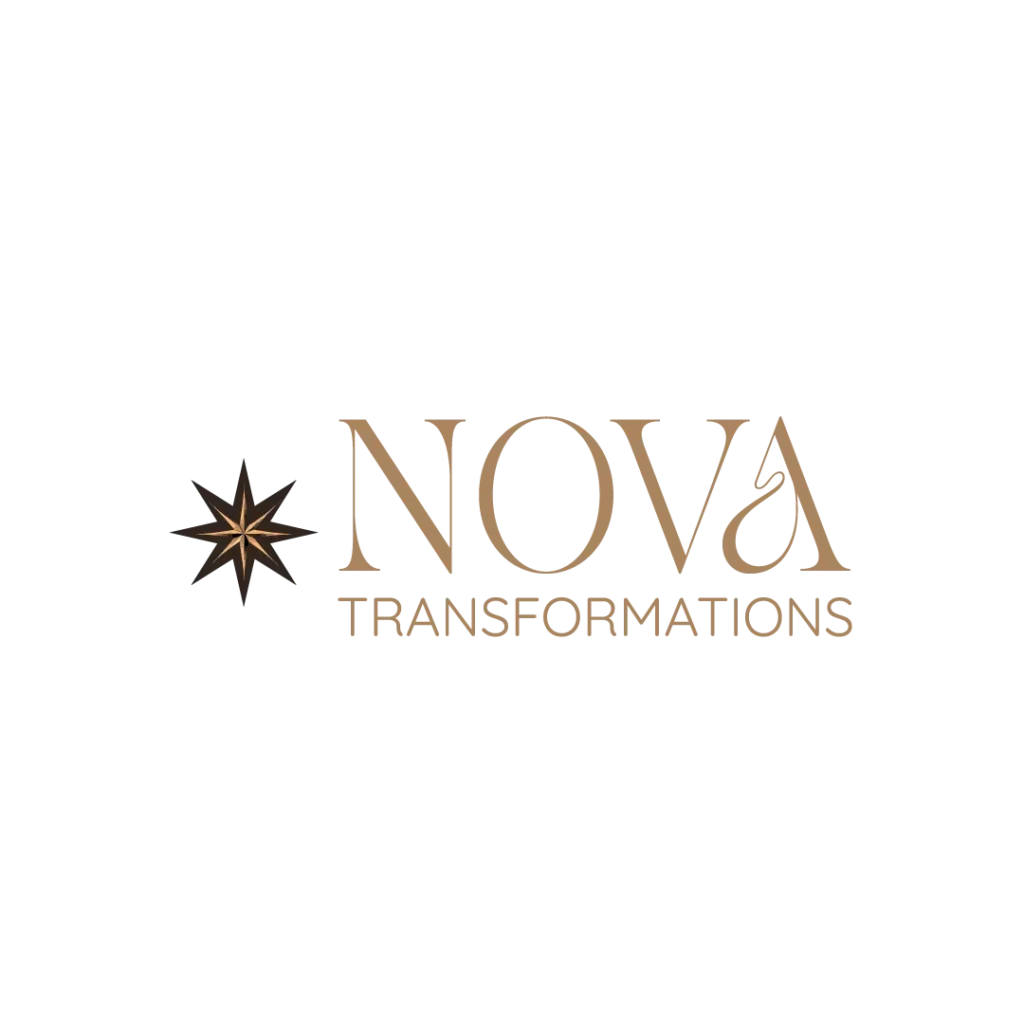Understanding Outpatient Treatment
Outpatient alcohol rehab is an increasingly popular choice for individuals seeking flexibility and support without the need for a residential stay. Understanding the benefits and flexibility of outpatient programs can help you make informed decisions about your treatment options.
Benefits of Outpatient Rehab
Outpatient rehab offers numerous advantages that cater to the needs of individuals in recovery. One of the primary benefits is the ability to live at home while receiving treatment. This setting allows you to maintain your daily routine, including work or school, which can aid in reducing stress and promoting a sense of normalcy.
Outpatient programs are generally less expensive than inpatient or residential rehab, making them a cost-effective option for many. They provide essential services, such as group and individual counseling, education on substance use disorders, and relapse prevention training, similar to what is found in inpatient settings (American Addiction Centers).
| Benefits of Outpatient Rehab | Description |
|---|---|
| Home Environment | Allows you to stay at home or in a sober living facility connected to the program. |
| Flexibility | Treatment sessions often scheduled in the evenings or early mornings. You can continue with work or school. |
| Cost-Effective | Generally lower costs compared to inpatient treatment. |
| Comprehensive Programs | Offers group and individual counseling, education, and more. |
Flexibility of Outpatient Programs
Outpatient alcohol rehab programs are designed with your lifestyle in mind. These programs are typically more accommodating than inpatient options, allowing you to balance treatment with your personal and professional life. Most programs offer evening or early morning sessions, enabling you to maintain your normal schedule while receiving the care you need (Addiction Center).
Moreover, outpatient treatment is connected with social support systems, like Alcoholics Anonymous (AA) and Narcotics Anonymous (NA), which can foster a sense of community and accountability during the recovery process. This integration of support not only aids in the treatment itself but also helps cultivate long-term success in sobriety (American Addiction Centers).
Whether you are seeking care for alcohol addiction, prescription drugs, or any other substance-related issue, Nova Transformations provides a tailored approach to outpatient rehab, ensuring you receive the necessary support every step of the way. For assistance with your recovery journey, consider exploring more about alcohol rehab and related programs.
Nova Transformations Approach
Choosing the right approach to addiction treatment can significantly impact recovery. At Nova Transformations, the focus is on delivering a comprehensive and personalized treatment experience tailored to your specific needs.
Personalized Treatment Plans
At Nova Transformations, your journey to recovery begins with a personalized treatment plan. Outpatient addiction treatments encompass various therapeutic interventions, including group and individual counseling, family therapy, education sessions, and occupational or recreational therapy. These plans are designed to adapt to your unique situation and progress, ensuring the most effective approach to recovery.
| Treatment Component | Description |
|---|---|
| Group Counseling | Engaging with peers in a supportive environment. |
| Individual Counseling | One-on-one sessions tailored to your needs. |
| Family Therapy | Involving family members in the healing process. |
| Occupational Therapy | Activities that promote social and vocational skills. |
For more details on available options, visit our page on substance abuse comprehensive outpatient treatment.
Evidence-Based Therapies
Nova Transformations employs proven, evidence-based therapies to enhance the effectiveness of the outpatient program. These therapies include a combination of group and individual counseling, substance use disorder education, life skills training, and relapse prevention training. Utilizing a comprehensive range of therapeutic modalities similar to those found in residential treatment settings helps ensure that you receive the best possible care.
| Therapy Type | Benefits |
|---|---|
| Cognitive Behavioral Therapy | Helps identify and change negative thought patterns. |
| Motivational Interviewing | Enhances motivation to change addictive behaviors. |
| Relapse Prevention Techniques | Equips you with strategies to avoid relapse. |
To explore more therapies available, consider visiting our sections on individual therapy addiction treatment and relapse prevention program.
Integration of Support Systems
Outpatient treatments at Nova Transformations allow you to remain at home or in a sober living environment, which fosters a supportive context for recovery. This arrangement enables you to continue working or attending school while engaging in treatment. Programs like Intensive Outpatient Programming (IOP) are often scheduled during evenings or early mornings to accommodate your daily life.
Here are some benefits of this integrated support approach:
| Aspect | Description |
|---|---|
| Flexibility | Attend sessions while maintaining regular activities. |
| Custom Care Team | Options to build a care team using insurance or other means to include specialists tailored to your needs. |
| Telehealth Availability | Access to care through telehealth services, particularly beneficial in areas with few addiction professionals. |
By connecting with treatment providers and family members, you build a network of support crucial for your recovery. For further insight into the types of treatment available, check out our guides on intensive outpatient program and sober living referral.
Through the Nova Transformations approach, you can find the support, guidance, and strategies needed to navigate addiction recovery effectively.
Elements of Outpatient Rehab
Outpatient alcohol rehab offers various essential components designed to support you or a loved one during the recovery journey. These elements work collectively to ensure effective treatment and promote long-term sobriety.
Group and Individual Counseling
Counseling forms a crucial part of outpatient rehabilitation. Both group and individual counseling sessions provide opportunities to explore personal experiences, share struggles, and learn coping strategies. In group settings, participants can connect with others facing similar challenges, fostering a sense of community and support. Individual therapy allows for personalized attention, enabling you to address specific issues related to substance use and mental health.
| Counseling Type | Focus | Benefits |
|---|---|---|
| Group Counseling | Peer support and shared experiences | Builds community, reduces isolation |
| Individual Counseling | Personalized focus on individual challenges | Tailored strategies, deeper exploration of issues |
Research shows that a combination of both group and individual counseling effectively supports clients through their rehabilitation.
Family Therapy and Education
Family therapy plays a significant role in outpatient addiction treatment. This approach involves family members in the healing process, helping to improve relationships and communication. Educational sessions within family therapy help loved ones understand the effects of addiction, preparing them to support you on the recovery path.
Family therapy can help address dynamics that may contribute to substance use, fostering an environment conducive to recovery. By enhancing familial support, you are more likely to maintain sobriety and reduce the chance of relapse.
Relapse Prevention Techniques
Relapse prevention is a fundamental aspect of outpatient rehabilitation. Programs often include specialized training on recognizing triggers, identifying early warning signs, and developing coping strategies to deal with high-risk situations. This proactive approach equips you with the tools to maintain sobriety after treatment.
Common relapse prevention strategies include:
- Identifying personal triggers
- Developing a support network
- Engaging in regular recovery meetings (e.g., Alcoholics Anonymous)
- Implementing healthy coping mechanisms
By focusing on prevention, outpatient rehab aims to provide you with the necessary skills to navigate challenges and sustain long-term recovery. For more strategies on maintaining your path to sobriety, consider exploring relevant resources on our site, including relapse prevention programs.
Transitioning between Care Levels
In outpatient alcohol rehab, you may find yourself needing to transition between different levels of care based on your changing needs and progress in treatment. Understanding intensive outpatient programs and partial hospitalization programs can help you make informed choices about your recovery journey.
Intensive Outpatient Programs
Intensive Outpatient Programs (IOP) offer a higher level of support compared to standard outpatient treatment while allowing you to maintain your daily responsibilities. Sessions are scheduled in the evenings or weekends, enabling you to continue attending work or school and staying close to family and friends. IOP typically includes a combination of group and individual counseling sessions, substance use education, and various therapeutic techniques that promote recovery (American Addiction Centers).
Typical features of IOP include:
| Key Components | Description |
|---|---|
| Frequency of Sessions | 3-5 days a week, with 3-4 hours per session |
| Duration | Typically lasts 6-12 weeks, but can vary based on individual progress |
| Focus | Intensive therapy, relapse prevention techniques, and life skills training |
You may find IOP beneficial if you have already completed a more intensive program and require ongoing support without the need for full-time residential treatment.
Partial Hospitalization Programs
Partial Hospitalization Programs (PHP) provide a structured environment with more intensive care than IOP. PHP is designed for individuals who may need more support than traditional outpatient services can offer. While participating in a PHP, you typically attend treatment for most of the day, several days a week. This level of care is suitable for individuals who may have recently completed inpatient rehab or who have higher levels of substance misuse that require close monitoring (American Addiction Centers).
Key aspects of PHP include:
| Key Components | Description |
|---|---|
| Frequency of Sessions | 5-7 days a week, lasting several hours each day |
| Duration | Usually ranges from 2-4 weeks, depending on individual needs |
| Focus | Intensive therapy, psychiatric support, group interactions, and lifestyle management |
PHP can serve as a bridge between intensive outpatient programs and residential treatment, providing a supportive atmosphere for those in early recovery who require additional assistance.
Understanding these transition options is a vital part of the outpatient rehab process. Selecting the right program based on your needs will help enhance your chance of success and motivate long-term recovery. For detailed information on your options, explore our resources on intensive outpatient programs and partial hospitalization programs.
Duration and Cost Factors
Length of Outpatient Treatment
The duration of outpatient rehab varies significantly based on individual factors such as the severity of substance misuse, progress in the program, co-occurring mental or physical health issues, and instances of relapse. As such, the length of treatment is flexible and can be adjusted to meet your evolving needs (American Addiction Centers).
Typically, outpatient programs can last anywhere from a few weeks to several months, often including regular therapy sessions, group counseling, and educational workshops. To give you a clearer idea, here is a general overview of the typical duration for different levels of outpatient care:
| Program Type | Duration |
|---|---|
| Standard Outpatient | 3 months (1-2 sessions/week) |
| Intensive Outpatient Program (IOP) | 3-6 months (3-5 sessions/week) |
| Partial Hospitalization Program (PHP) | 1-3 months (daily sessions) |
Cost-Effectiveness of Outpatient Rehab
Outpatient alcohol rehab is generally more cost-effective than inpatient or residential options. This is largely due to lower overhead costs since patients are not required to stay overnight at the facility. You can continue to live at home while attending therapy sessions, allowing you to maintain your responsibilities at work or school.
Costs can vary based on the program’s intensity and the services included. On average, outpatient treatment can cost between $3,000 to $10,000 for comprehensive programs, depending on the services provided and the duration of treatment. Importantly, many insurance plans cover outpatient services, which can significantly lower your out-of-pocket costs.
| Treatment Type | Average Cost |
|---|---|
| Standard Outpatient | $3,000 – $7,000 |
| Intensive Outpatient Program (IOP) | $6,000 – $10,000 |
| Partial Hospitalization Program (PHP) | $10,000 – $20,000 |
Choosing outpatient rehab gives you the flexibility and financial feasibility that may suit your lifestyle better than more intensive residential options. It includes crucial services like counseling, education, and training, all aimed at facilitating recovery while accommodating your daily obligations. For more information on available treatment options, explore our pages on alcohol rehab, intensive outpatient program, and substance use treatment.
Success Rates and Challenges
Understanding the success rates and challenges associated with outpatient alcohol rehab is essential for making informed decisions about treatment options. You need to be aware of the potential for relapse as well as the dropout rates that can affect recovery outcomes.
Relapse Rates Post-Treatment
Relapse rates for drug and alcohol use after completing treatment are estimated to fall between 40-60%. This statistic reflects the reality that many individuals struggle to maintain sobriety after finishing their rehabilitation programs. According to research, only about one-third of individuals with alcohol use disorder (AUD) attempt to quit drinking each year, and merely 25% manage to reduce their alcohol intake consistently for more than a year (American Addiction Centers).
| Time Frame | Estimated Relapse Rate |
|---|---|
| After 3 months | 40% |
| After 6 months | 50% |
| After 1 year | 60% |
These figures indicate the importance of ongoing support after treatment, which is crucial in mitigating relapse risks. Programs that include aftercare support programs can significantly improve long-term success rates.
Dropout Rates in Treatment Programs
Another challenge within addiction treatment is the dropout rate. Unfortunately, less than 43% of individuals who enter treatment for drug and alcohol use manage to complete their program (American Addiction Centers). This high dropout rate underscores the need for engaging and personalized approaches to treatment.
| Treatment Program Type | Estimated Dropout Rate |
|---|---|
| Outpatient Programs | 43% |
| Inpatient Programs | 30-50% |
High dropout rates can often be attributed to various factors, including insufficient support, lack of motivation, or failures to address co-occurring conditions that may complicate recovery. Choosing a comprehensive treatment approach, such as those offered at Nova Transformations, ensures that you receive the necessary resources and guidance throughout your recovery journey. By understanding these statistics, you can better prepare for the challenges that may arise and focus on maintaining your sobriety.








